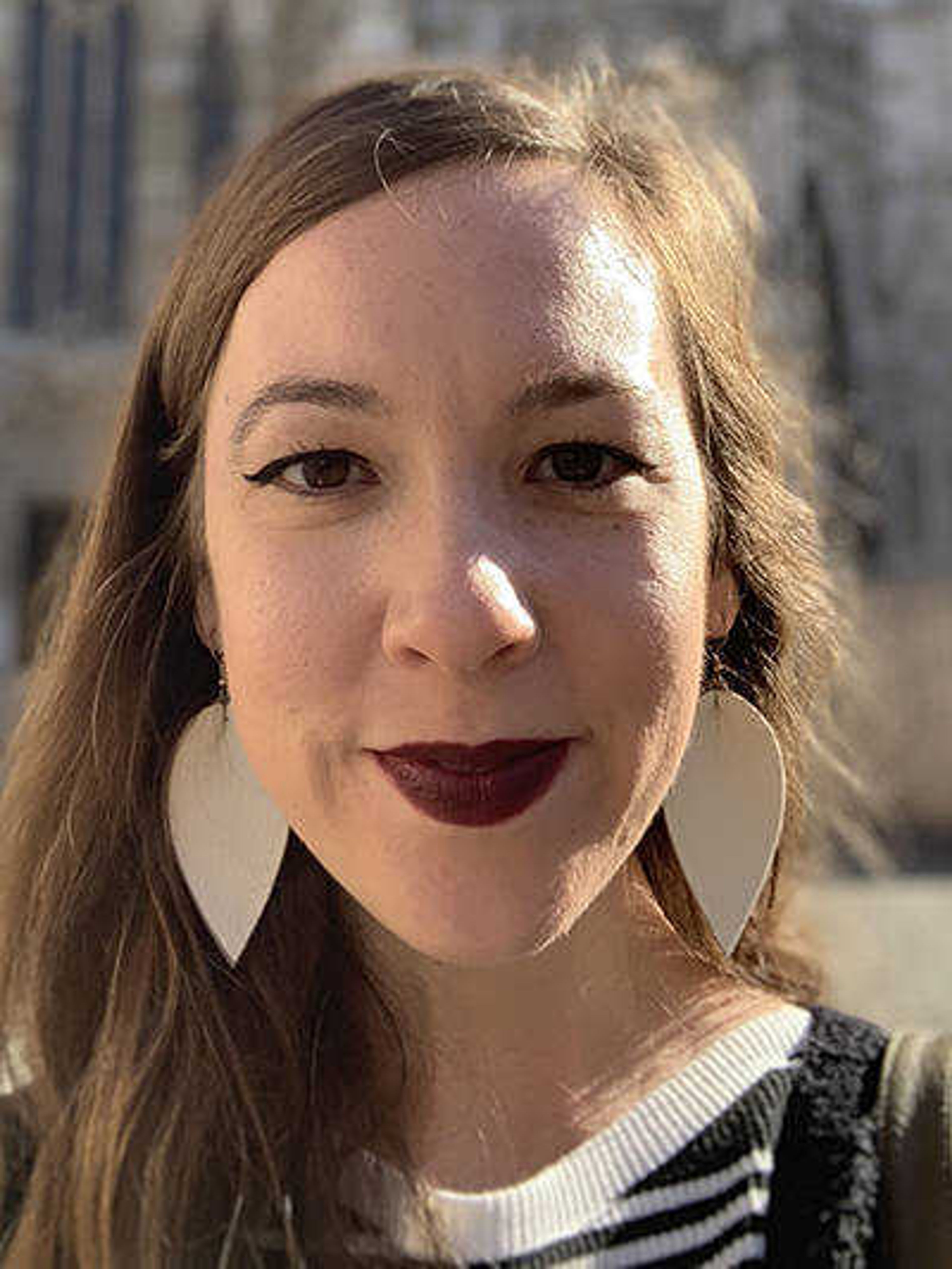Complaining in the promised land
In Exodus 16, the Israelites are complaining again. They are in the desert, freshly out of slavery in Egypt, and telling God they wish he would have let them die back in Egypt. They would rather have went out as someone else's possession with enough to eat than as free men and women who are hungry...
By Mia Pohlman
In Exodus 16, the Israelites are complaining again.
They are in the desert, freshly out of slavery in Egypt, and telling God they wish he would have let them die back in Egypt. They would rather have went out as someone else's possession with enough to eat than as free men and women who are hungry.
Looking at them from our perspective today, knowing what else was in store, they seem ridiculous -- like whining, spoiled brats.
From their perspective, though, sitting in a squelching hot desert with an empty stomach and no prospects for food, not sure where they're going or what's happening next or why they're even there, this is a legitimate concern. How are they going to eat? What was the point of that long, stressful trek from the relative comfort of their homes if they're just going to starve to death?
God knows they have to eat. And so God gives them food.
It's quail and manna, and God tells them to gather enough each day for what they need; the next day, he will send it again.
Exodus 16:15 (NAB) says, "On seeing [the manna], the Israelites asked one another, 'What is this?' for they did not know what it was." Moses tells them it is their food, and they eat and are fed.
So often, I am those Israelites. How many times do I fail to recognize this desert is actually my freedom, that though it is hard and hot and dry and perhaps mundane, in it I no longer am possessed by anyone or anything else except God. It is my refinement, when the provision I am given is unfamiliar and I get to learn to ask what it is and discover anew. When I get to gather my daily portion and trust that tomorrow there will be more of what I need, that God has done this today and will do it again after this is gone. That God will keep filling me up, although right now there is only enough for now. That God will make bread in the desert.
Later, in John 6:30-31 (NAB), these Israelites' descendants will want manna. "What sign can you do, that we may see and believe in you?" they ask. "What can you do? Our ancestors ate manna in the desert."
This miracle that wasn't good enough for the Israelites in the desert has now become something their progeny yearns for. Hindsight is 20/20. Their yearning for the past blinds them to the presence of God in their present moment, to Jesus standing before them, coming in a new way.
Today, we look back at the ways God revealed himself in the Bible and in the past, and perhaps that's what we want or expect, too. But how is God revealing himself to us now, in a new way? What are we missing out on because we want or expect what has been in the past?
We are sometimes like the Israelites and the crowd in Capernaum looking for Jesus, so blind to the present, to God in our present.
But God is here, in us, with us, through us and everything, now.
Help us recognize you, Lord. Amen.
Connect with the Southeast Missourian Newsroom:
For corrections to this story or other insights for the editor, click here. To submit a letter to the editor, click here. To learn about the Southeast Missourian’s AI Policy, click here.










